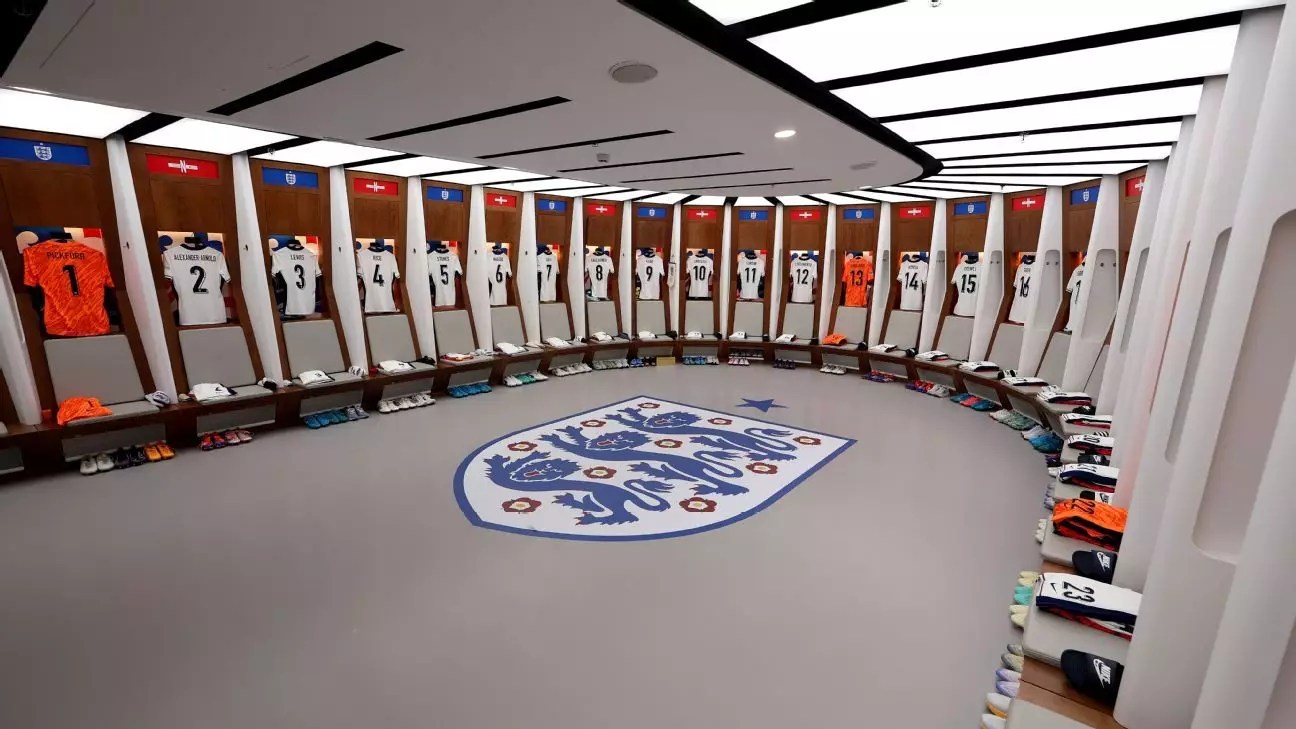The ongoing discussions surrounding the establishment of an Independent Football Regulator (IFR) in England have stirred significant controversy. Central to this debate is the threat posed to English football’s participation in UEFA competitions if this regulator is perceived as government interference. UEFA, the governing body of European football, has expressed its unease in correspondence with the UK’s culture secretary, Lisa Nandy. At the heart of UEFA’s stance is its strict adherence to rules that prevent any external entities, particularly governmental bodies, from meddling in the governance of the sport.
UEFA’s position is anchored in preserving the autonomy and integrity of football operations. In a letter penned by its general secretary, Theodore Theodoridis, UEFA underscored the potential ramifications of moving forward with an independent regulator that extends beyond what it deems appropriate governance. The full brunt of UEFA’s displeasure could see the English Football Association (FA) barred from competition, a move that would cripple not only the national team but also deprive prominent clubs of participating in prestigious tournaments such as the Champions League.
The Scope of Regulatory Power
The proposed regulatory framework is intended to reinforce the financial sustainability of football clubs and curtail the allure of controversial ventures, such as the ill-fated European Super League. However, UEFA’s concerns lie primarily in what it describes as “scope creep”—the idea that the regulator’s mandate might balloon beyond its original intent, encroaching upon territories meant for UEFA’s oversight. This scenario raises questions about how regulatory bodies are defined and the extent of their authority in the governance of sport.
Expectations are high for this IFR, as it aims not only to ensure financial stability for clubs but also to establish stringent criteria for club ownership and management. However, UEFA contends that such a regulator should be meticulously confined to financial aspects, a stance that illustrates the delicate balance between necessary oversight and preserving the autonomy of sporting bodies. Should all nations pursue similar regulatory frameworks with broad powers, UEFA warns, it could create a chaotic environment, undermining its capacity for cohesive governance across Europe.
The Broader Implications for English Football
The existence of this regulatory body, as proposed in the UK government’s Football Governance Bill, presents a double-edged sword for English football. While the intent is to fortify clubs against financial mismanagement and protect the game’s heritage, UEFA’s threats reveal the precarious position English teams might find themselves in. The prospect of facing exclusion from major UEFA competitions is a significant risk that could weigh heavily on the governance discussions.
As England prepares to co-host the 2028 European Championship, the stakes are even higher. The ramifications of regulatory decisions not only affect club-level competitions but also the national team’s participation in international tournaments. It is imperative, therefore, for stakeholders in English football—clubs, governing bodies, and government entities—to engage in dialogues that respect both the need for regulation and the established governance structures underpinning European football.
As England grapples with the complexities of establishing an Independent Football Regulator, the interplay between governance, autonomy, and regulatory power is fraught with tension. The warnings from UEFA serve as a critical reminder of the delicate balance needed when reforming football governance. The future of English football may well depend on finding this equilibrium, ensuring that the sport remains both sustainable and competitive on the European stage.


Leave a Reply